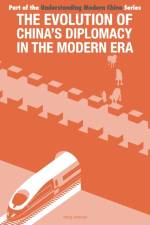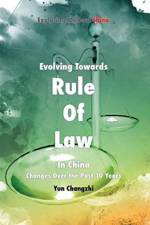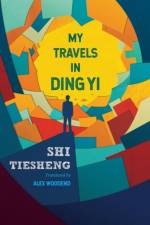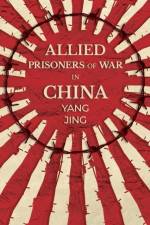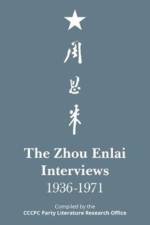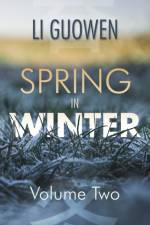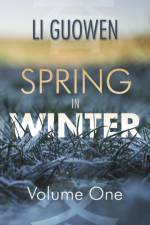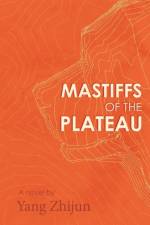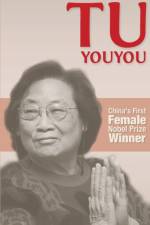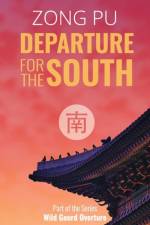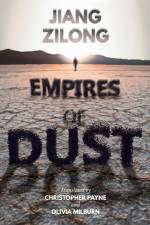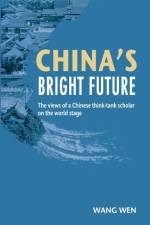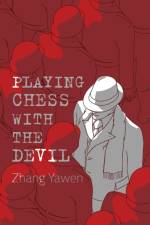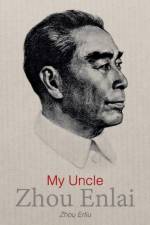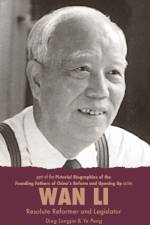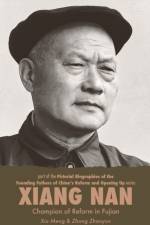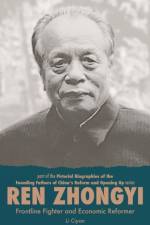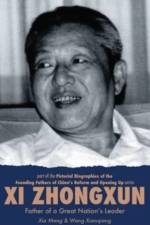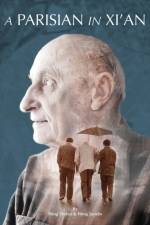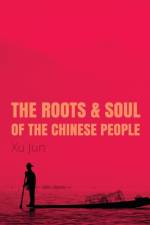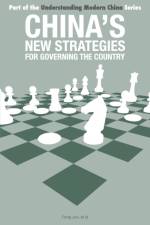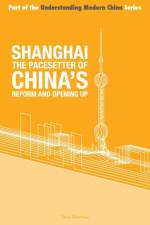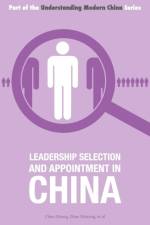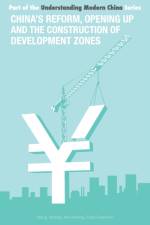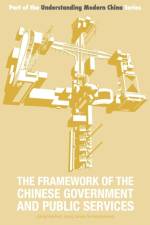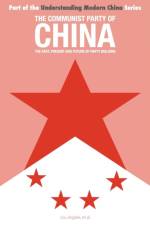av Zhou Erliu
231
My Uncle Zhou Enlai paints a candid and heartwarming picture of one of China's most beloved leaders and its first premier, Zhou Enlai (1898-1976). Written by his nephew, Zhou Erliu, who found himself at the heart of the political turmoil of the 20th century, this deeply moving and personal account is at once a touching family portrait of the Zhou clan and a comprehensive overview of China's modern political history.Through personal anecdotes, letters, poems, photographs and other relics from the premier's epoch-making life, the reader gets up close and personal with Zhou Enlai as never before and gets an intimate peek at life in China during these turbulent times.This book interweaves the fascinating life story of its author, from his childhood in Shanghai's French concession through his involvement with the Communist Party of China (CPC) in the years of war and revolution up to the present day, and the story of his 'Qi Ba', the prominent CPC leader who was at the forefront of major events such as the founding of the PRC, the Cultural Revolution, the Nanchang Uprising, the Chinese Civil War and US president Richard Nixon's visit to China in 1971, yet always found time to advise his beloved nephew about work, life, love and politics. My Uncle Zhou Enlai aims to set straight the historical facts and to convey the great impact Zhou Enlai had on Chinese and international politics, which paved the way for China's re-entry into the international community. Always honest, wise, humble and kind, Zhou Enlai is warmly remembered by millions of people today both within and outside China, and this book serves as a testament by a close relative to the many Chinese and foreign lives he touched. A must-read for anyone interested in China's history and cultural landscape, its gradual opening-up to the rest of the world, and its notable leaders and key figures.

